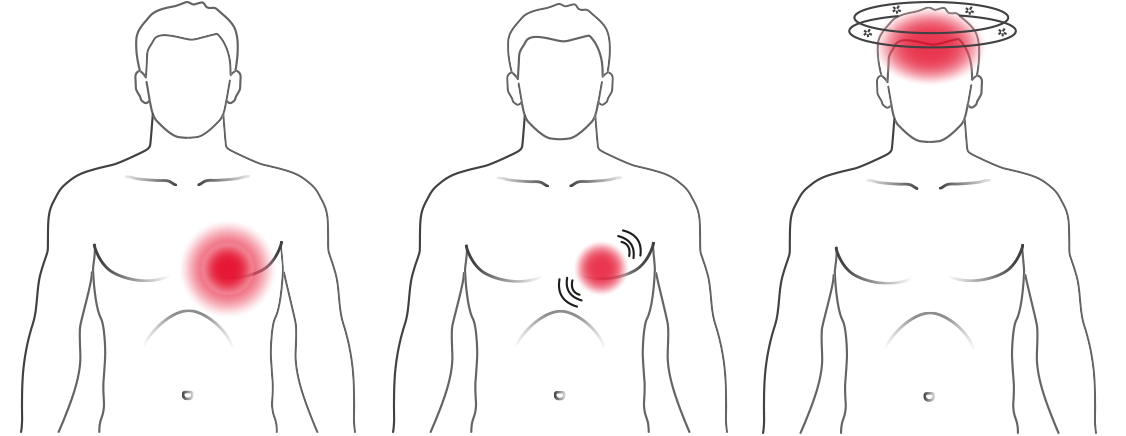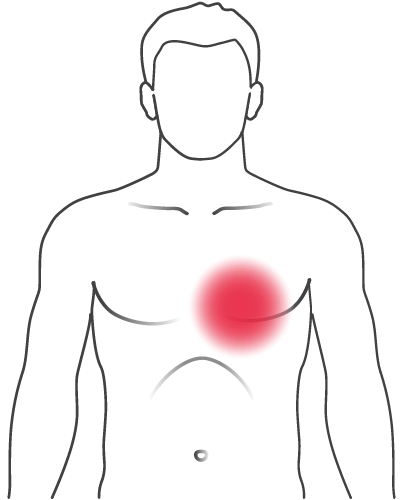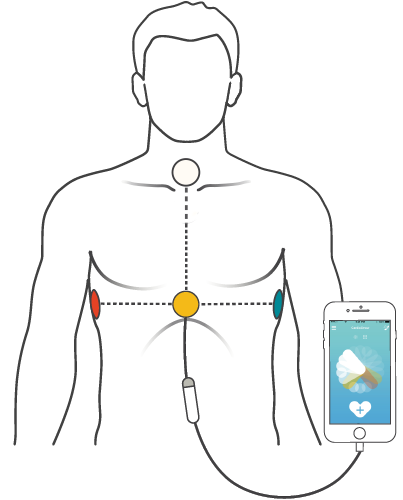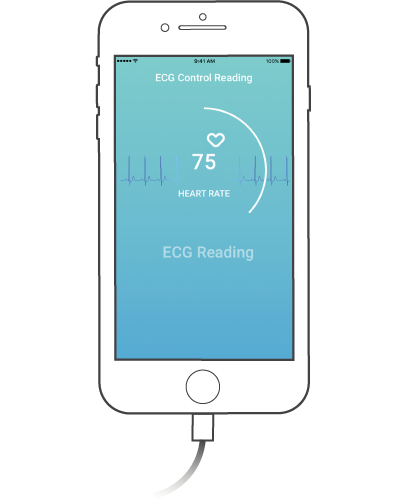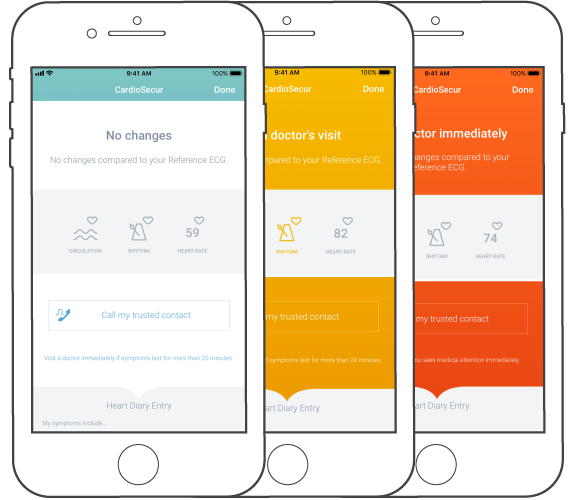Gain certainty on successful treatment
When symptoms return, a valid, clinical, 12-lead ECG must be recorded at the moment of the event to receive a correct diagnosis.
Only with an ECG with at least 12 leads such as CardioSecur (15 leads) can complex arrhythmias be recognised and localised, and non-critical events be excluded. Your physician can use this data to correspondingly adjust your treatment.
No diagnosis when symptoms are present
No diagnosis when symptoms are present
When dealing with arrhythmias, receiving an exact diagnosis is not always easy. At the time of a doctor’s visit, symptoms have usually resolved, and on the other hand, at the time symptoms occur, adequate ECG technology is rarely available.
Many patients spend months or even years undergoing countless doctor’s visits without receiving a diagnosis. Even long-term ECG systems and event recorders, which are often the only option available to a physician, have their diagnostic limitations (1-lead ECG) and record over the period of a few days only. This is often not sufficient to reach a diagnosis. These experiences are particularly frustrating to patients, but also to physicians.
In extreme situations, this can even lead to patients being improperly classified as having psychosomatic symptoms.
The exact timing determines the success of the diagnosis
The right timing is critical when it comes to the recognition of arrhythmias. CardioSecur Active enables you to record a personalised ECG at the moment your symptoms occur. You can also perform regular heart checks when you do not have symptoms. Your physician can use this data to precisely manage your treatment.

